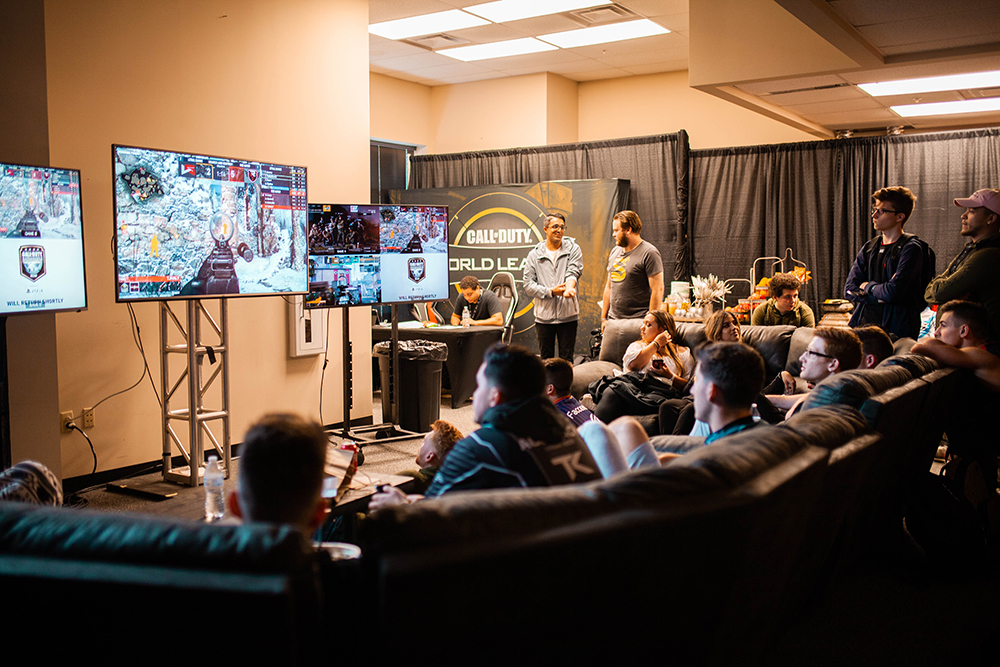A grassroots campaign launching next month in a cluster of small towns in Central Alberta is meant to encourage local men to talk about their mental-health concerns
Guns are seen here at the Tactical and Competitive Shooting Sports Show in Mississauga, Ont., on Sept. 6, 2019.
J.P. MOCZULSKI/The Globe and Mail
While gun violence in urban centres tends to get the most public attention, a new study has found that the majority of gun deaths in Ontario are the result of a more hidden tragedy: suicides by older men in rural communities.
The study, published Monday in the Canadian Medical Association Journal, analyzed more than 6,400 firearm-related incidents in Ontario from 2002 to 2016. Young men in cities and predominantly lower-income were more likely to be involved in assaults. But two-thirds of the cases involved self-harm by men over the age of 45, across all income levels, and living mainly in more remote parts of the province; of those cases, 92 per cent were fatal.
Men in rural communities have long been identified by researchers as a high-risk demographic for suicide a pattern that experts worry that the current pandemic, with its economic and social tolls, may only exacerbate. Men, in general, are less likely than women to seek help for mental-health problems, including therapy. In rural communities, higher gun ownership also means greater access to lethal means, which is a significant risk factor for suicide.
Story continues below advertisement
When it comes to injuries and deaths related to guns, says David Gomez, a trauma surgeon at Torontos St. Michaels Hospital and the studys lead author, every day Canadians think this is a problem that happens in downtown Toronto or London, and doesnt really affect them. But while gang-related gun violence may be more high profile, he says the most likely way this will touch your family is suicide, especially in smaller communities.
Men are significantly more likely to be injured or die in a gun-related incident of the 2,547 deaths included in the study, 176 were women. Dr. Gomez says this points to the need for targeted mental-health care, and suicide-prevention campaigns to reach rural men in particular. Other countries, he says, have implemented measures to reduce firearm death, including red-flag laws that allow guns to be removed when a person is deemed to be at risk of suicide. But the problem has to be approached from many sides, he says another issue is certainly the lack of mental-heath resources, especially in small towns.
While the study was based on Ontario statistics, Dr. Gomez suggests the issue is one affecting rural areas across the country. A grassroots campaign launching next month, for example, in a cluster of small towns in Central Alberta is meant to encourage local men to talk about their mental-health concerns, and was prompted after staff at the Wolf Creek Primary Care Network noticed that few men were using the clinics therapy services or group support. The campaign will include producing a calendar featuring local men including a firefighter, doctor, and bull-rider to raise awareness, as well as community events, and workshops to provide training on how to talk to friends and family who are struggling.
Sitting and talking face to face with somebody is not the way a lot of men like to get help, says Rebecca Aspden, a practice facilitator with Wolf Creek PCN and an organizer of the project. We need to change the way we are offering therapy.
Dave Hample, 73, a retired RCMP officer in Innisfail, Alta., is one of the models in the calendar. After two peacekeeping tours to the former Yugoslavia, and decades on the force, Mr. Hample was diagnosed with post-traumatic stress syndrome. He has been successfully treated with both therapy and medication, but he admits that going for help and even speaking publicly about it now isnt easy. We are taught from young that you dont cry, you dont show fear, you face everything, he said. The stigma around admitting weakness is compounded in small towns where it is hard to seek help and keep it private. People dont want their friend to know theyre suffering.
Still, he decided to participate in the calendar, because he has seen both personally and professionally the cost of not getting the necessary help. I would shout it from the bell tower,” he said. “Talk to somebody that you trust.
If you need professional counselling right now or are having thoughts of suicide, call Crisis Service Canada at 1-833-456-4566, visit crisisservicescanada.ca or contact Kids Help Phone at 1-800-668-6868, text 686868, or visit kidshelpphone.ca.
Story continues below advertisement
Our Morning Update and Evening Update newsletters are written by Globe editors, giving you a concise summary of the days most important headlines. Sign up today.

